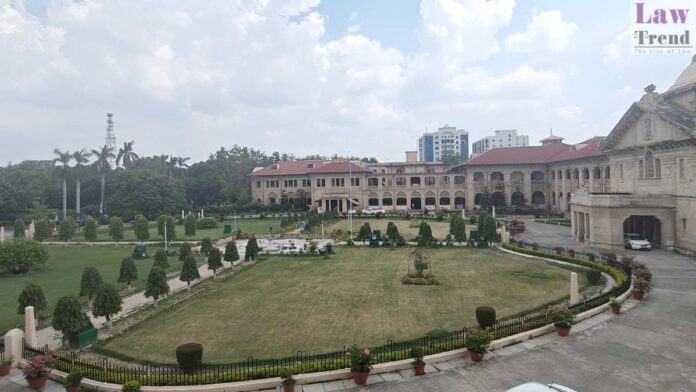The Allahabad High Court has ordered that all police verification reports for passport applications must be completed and submitted within four weeks, underscoring the need for efficiency and accountability in the passport issuance process.
A bench comprising Justice Ajit Kumar and Justice Swarupama Chaturvedi issued the direction while disposing of a writ petition filed by one Rahimuddin, who had complained of undue delay in the processing of his passport due to pending police verification.
The court observed that delays in police verification were impeding the realisation of an individual’s right to travel, particularly in cases where the passport was sought to be reissued for a short duration such as one year.
It directed that if an applicant’s passport application is pending due to involvement in a criminal case, the applicant must first obtain the necessary no-objection, sanction, or approval from the concerned court. Once such approval is submitted, the Regional Passport Officer (RPO) must decide the application within one month.
“The concerned regional passport officer, in all circumstances where a passport cannot be issued, must inform the applicant about it within a month of the submission of the passport application. As soon as proper no objection/sanction/approval is obtained and submitted, such officer should dispose of the application finally within a further period of a month,” the bench said.
The court noted that while the Ministry of External Affairs (MEA) expects an ordinary passport to be issued within 30 working days and reissuance within seven working days, these timelines exclude the period of police verification. The absence of a fixed limit for police verification, the bench observed, often leads to indefinite delays.
To prevent such procedural bottlenecks, the court mandated a four-week ceiling on police verification, stressing that both police authorities and passport offices must act promptly and transparently.
The bench emphasised that authorities should not linger over applications, particularly when there is urgency, as the right to travel is an important aspect of personal liberty.




